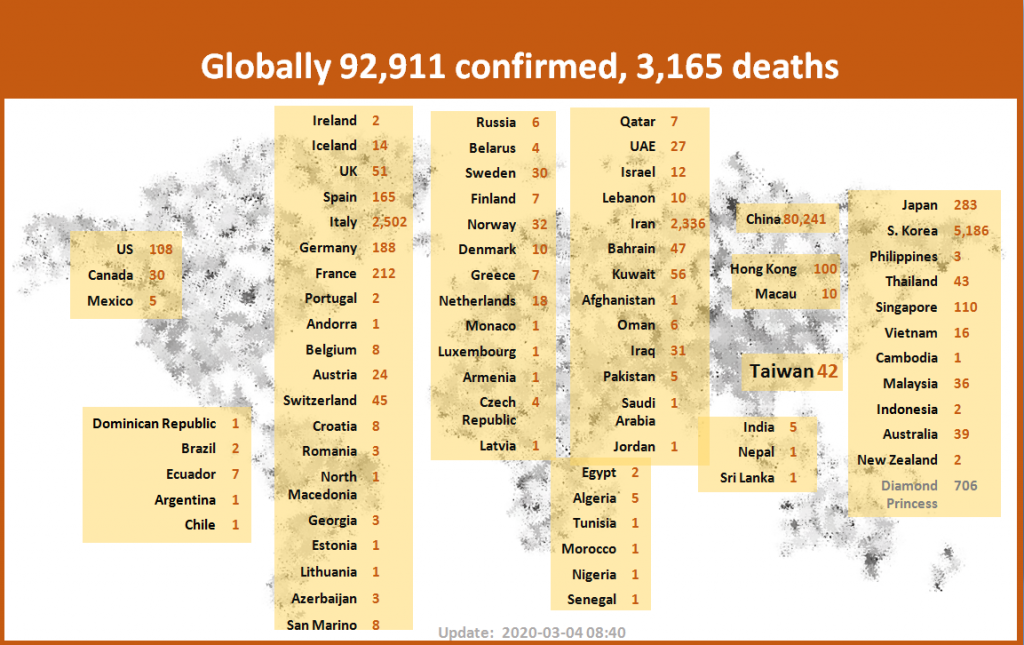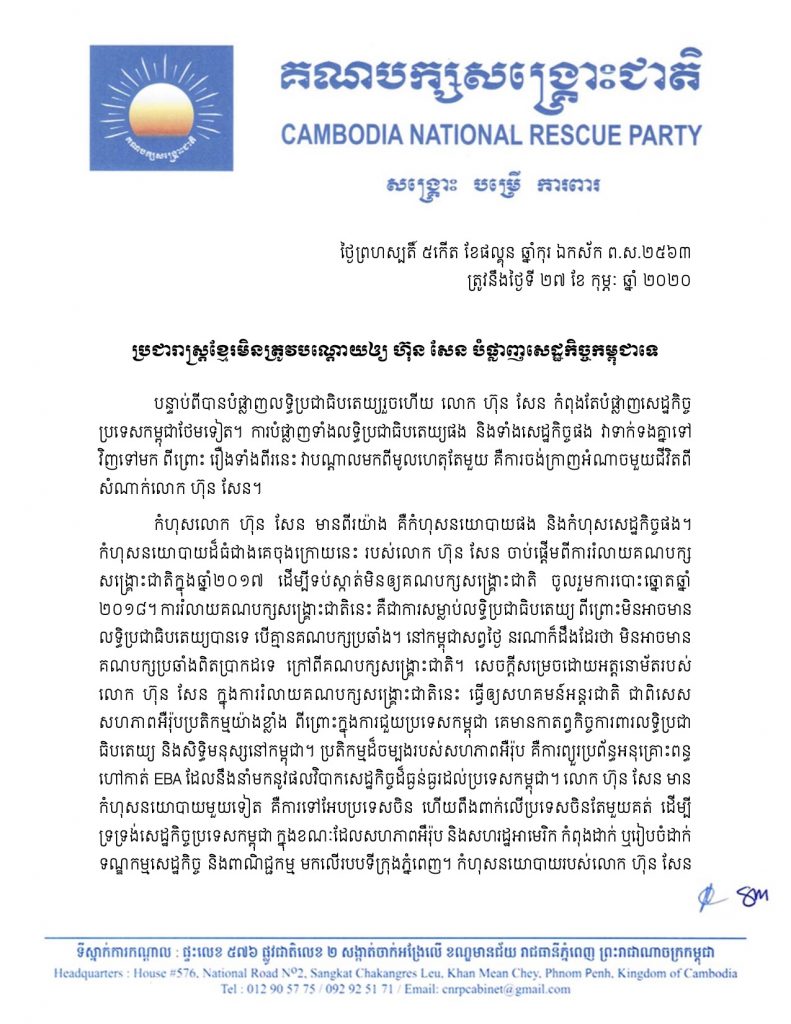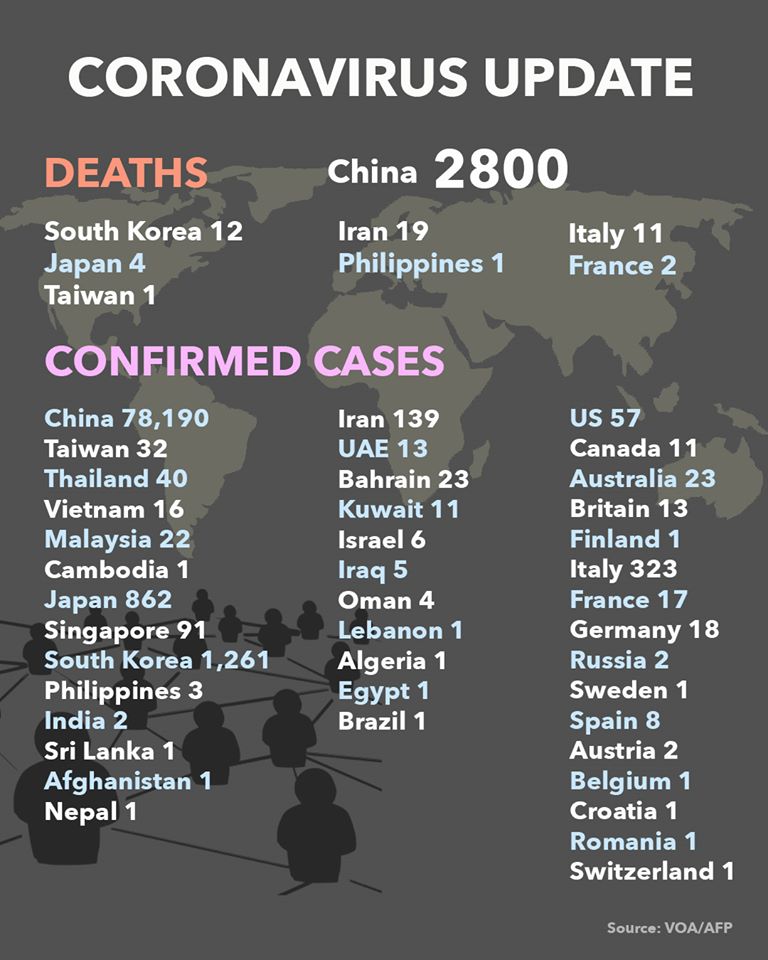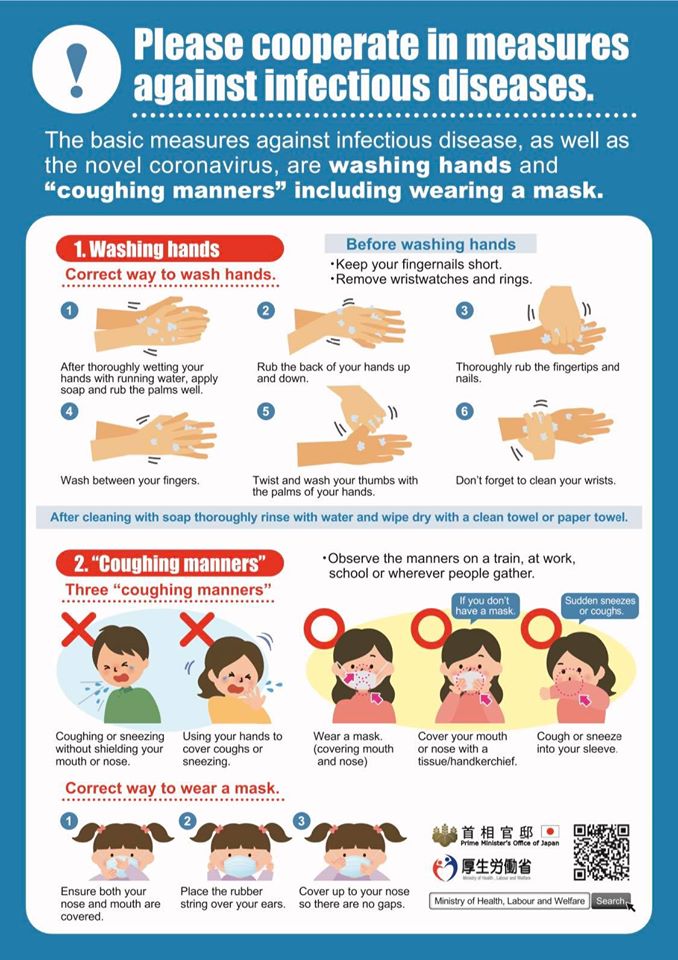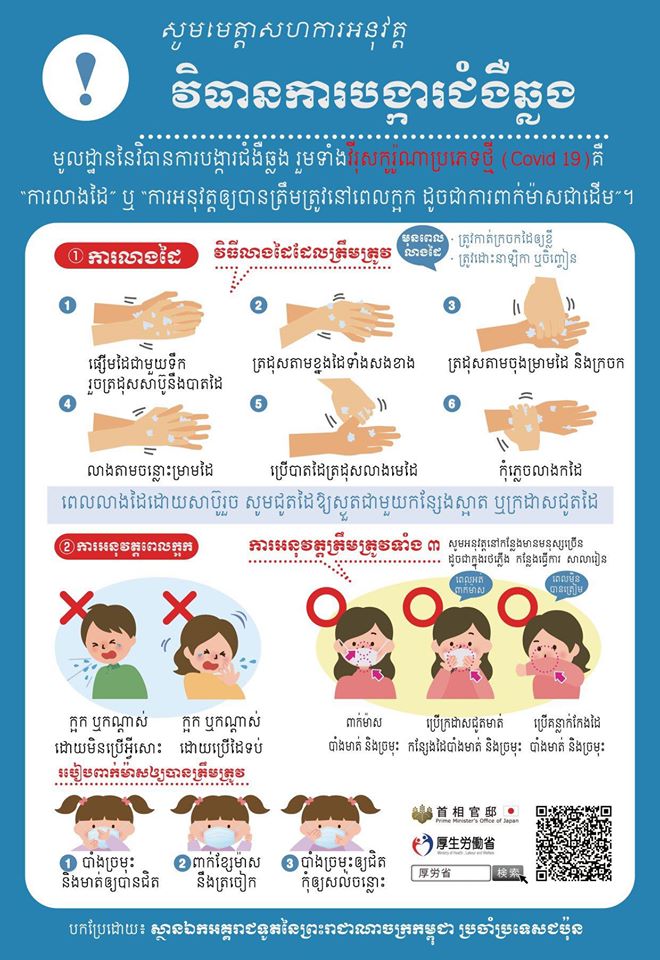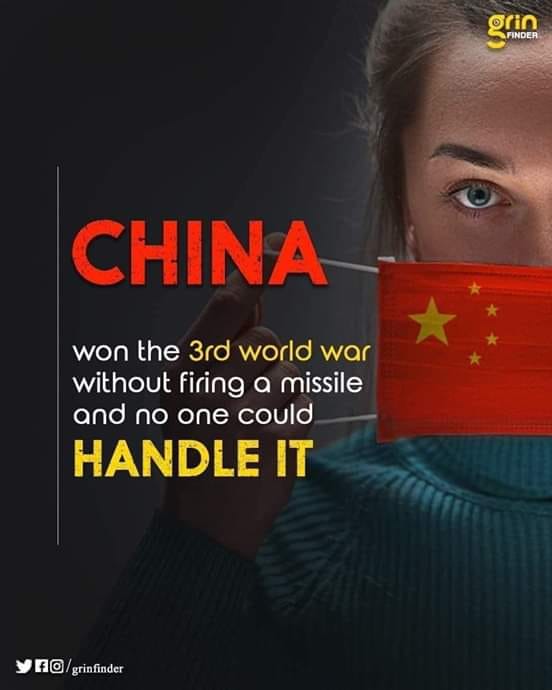
The first documentary movie on CCP virus, Tracking Down the Origin of the Wuhan Coronavirus
Source: Facebook
*SOMETHING IS FISHY!!*🤔
Wuhan to Shanghai = 839km
Wuhan to Beijing = 1,152km
Wuhan to Milan = 15,000km
Wuhan to NY = 15,000km
The Coronavirus started in Wuhan yet there is no effect of Coronavirus in nearby Beijing or Shanghai but many deaths in Italy, Iran, European countries and USA.
All business areas of China are now safe.
*Something is fishy.*
America is not just blaming China without a reason.
Even today, India is locked down but all the cities of China are open. China has also announced the opening of Wuhan from April 08. Not a single leader in China has tested positive for the deadly Coronavirus.
*Something is fishy.*
The virus has ruined many economies around the world. Many have had to close their borders in an attempt to contain and control the spread of the Coronavirus. Thousands have lost their lives, millions have now got this disease, countless people have been locked in their homes and many countries have placed their citizens on lock down.
*Something is fishy.*
The Coronavirus orginated from the city of Wuhan in China and has now reached every corner of the world, but the virus did not reach China’s capital Beijing and China’s Economic Capital Shanghai, located in close proximity to Wuhan itself.
*Something is fishy*
Today Paris is closed, New York is closed, Berlin is closed, Delhi is closed, Mumbai is closed, Tokyo is closed, the world’s major economic and political centers are closed, but Beijing and Shanghai are open.
No Coronavirus effect is seen in either cities. There were only a few cases but the virus had no real effect on Beijing and Shanghai.
*Something is fishy.*
Beijing is the city where all the leaders of China live, including their military leaders. There is no lock down in Beijing.
*Something is fishy*
Shanghai is the city that runs China’s economy. It is the economic capital of China, where all the rich people of China live and run major industries. There is no lock down here, there is no effect of the Coronavirus there.
*Something is fishy*
Beijing and Shanghai are the areas adjoining Wuhan. The virus from Wuhan reached every corner of the world, but the virus did not affect Beijing and Shanghai.
*Something is fishy*
Another big thing is, that the worldwide share market has fallen by almost half. In India also the Nifty has gone from 12 thousand to 7 thousand, but the share market of China was at 3000 and just merely dropped to 2700.
Continue reading
